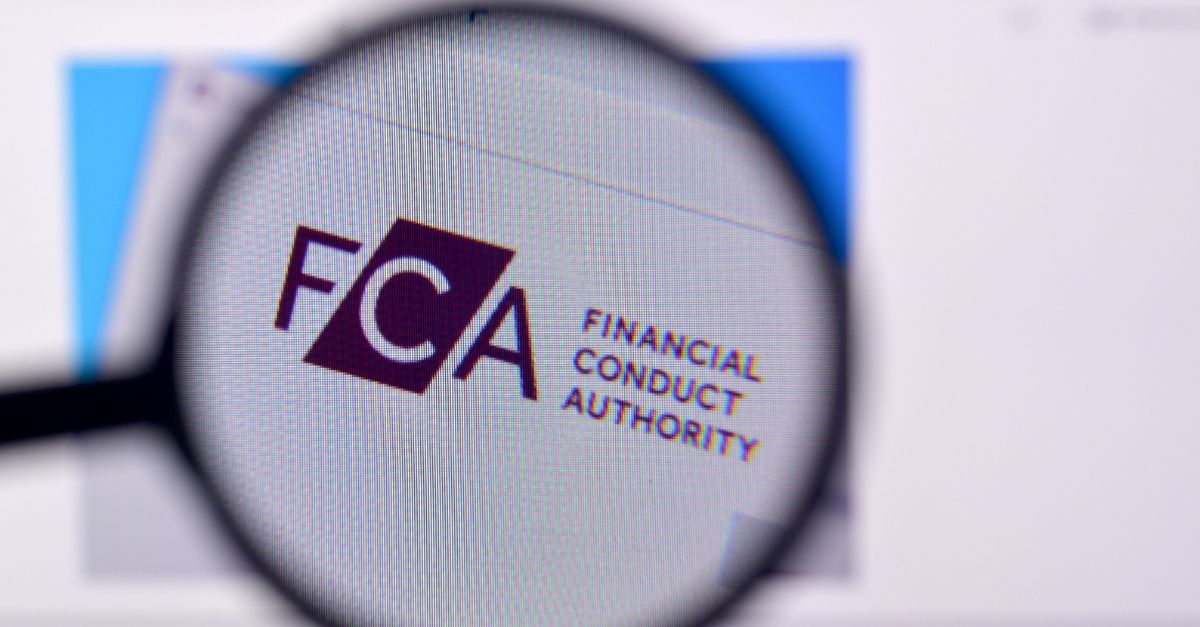The FCA recently found that H2O has not adequately fulfilled its responsibilities towards investors and it has been agreed that they will pay out €250 million to them in lieu of paying a fine.
The case involves illiquid funds, inadequate due diligence, and perhaps even more intriguingly, the undeclared use of superyachts and private jets. It also involves falsified documents and the provision of misleading information. As a result of the current situation, H2O will cancel its UK operating licence by the end of this year. In recent times, H2O’s operations have been increasingly transferred to Paris and Monaco anyway.
The origins of this situation date back to 2019 when the FCA approached H2O requesting that they hand over various documents. According to the Financial Times (16 August 2024), these documents were "relating to a series of controversial investments it had made that were linked to a racy financier with a criminal past".
Enter Lars Windhorst. Mr Windhorst has already been in the news this year when the family company of US billionaire Frank McCourt obtained a court order against him for failing to comply with asset disclosure obligations in a dispute over a show-jumping business. A Dutch court has granted an order to detain Windhorst, which means that he could potentially be arrested should he travel to the Netherlands.
In 2018, H2O and Windhorst came into each other’s orbit, ultimately giving the latter access to large amounts of funds. This enabled him to invest in businesses as diverse as the La Perla luxury lingerie and swimwear fashion brand and the Hertha Berlin football club in the second tier of the Bundesliga. According to the FT, the relationship between Windhorst and H2O co-founder Bruno Crastes became "increasingly blurred". There were numerous trips for Mr Crastes on Windhorst’s superyacht Global and the purchase of 32 bottles of vintage wine (Chateau Latour 1982, current cost approximately £2000 a bottle).
Yet when H2O were first approached by the FCA on the issue, they said that they had received no gifts or entertainment from Windhorst. Some members of the risk and compliance committee said they had never heard of him. That situation would however quickly change! Within a short space of time, there can have been few people inside H2O who were unaware of Windhorst. To take the yachting analogy a bit further, H2O would soon find itself sailing a bit too close to the wind.
An FT investigation published in June 2019 led to a serious breakdown in market confidence in H2O and investors began to take measures to recover some of their funds as a matter of urgency.
Initial attempts by H2O to calm the markets had limited impact, especially when it emerged that H2O had been breaching its own risk rules in terms of the investments it had been making on behalf of its clients. Although the bonds that H2O had been investing in were high risk, it had not carried out a thorough risk assessment or put in place adequate documentation. In fact, some of the entities that had been invested in were little more than shell companies controlled by Windhorst.
To compound matters further, there was concern over the valuation of a number of the investments, many of which were unsurprisingly hard to sell. This led in 2020 to the freezing of €1.6 billion of investor funds. There were also write-downs to the value of some investments. In addition to the €250m now set aside for investors, a further €229m has already been paid out.
It does not come as a shock to discover that many investors are unhappy at this sorry state of affairs, given the financial losses they are exposed to.
This led to them grouping together and launching a class action against H2O in France involving 9000 disgruntled investors. Seven specific funds have been suspended and the class action wishes to recover the capital invested in these plus suitable damages.
The investor group behind the lawsuit "considers the low level of reimbursement agreed by the FCA to be shocking". Further, "it seems astonishing that the FCA did not impose a fine in view of the number and seriousness of the breaches observed". It further commented that there had been sufficient funds to enable H2O to pay out €1.2bn of dividends in recent years.
They have also launched claims against the French bank Natixis (the former majority shareholder) as well as the auditor (KPMG) and the fund’s custodian Caceis, alleging that they have joint responsibility for the losses. Natixis started to dispose of its majority stake in 2022, although due to regulatory issues it will take some years to complete this.
So the sorry tale has not yet reached its conclusion. In addition to the dissatisfaction from the class action members, H2O is also appealing against a fine of €75m issued by the French regulator Autorité des Marchés Financiers (a record). Bruno Crastes has been struck off by them for five years but is appealing against this.
Unfortunately, this is not the first time that a situation like this has arisen, and I fear it will not be the last. It suggests that we have a long way to go to ensure that appropriately strong levels of controls are in place. It will be interesting to observe how the case against the auditors develops as they potentially have a crucial role to play in ensuring the adequacy of the control environment, particularly given the complex area of operations involved.

You need to sign in or register before you can add a contribution.